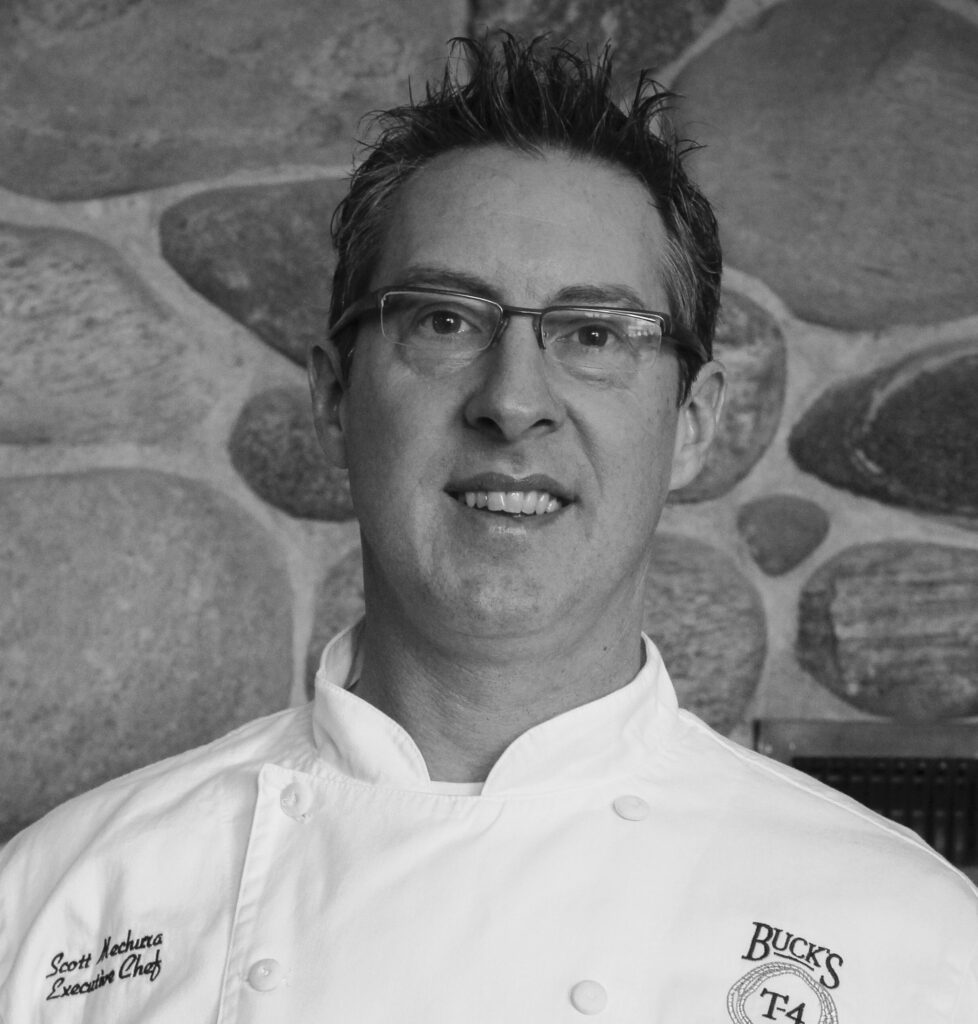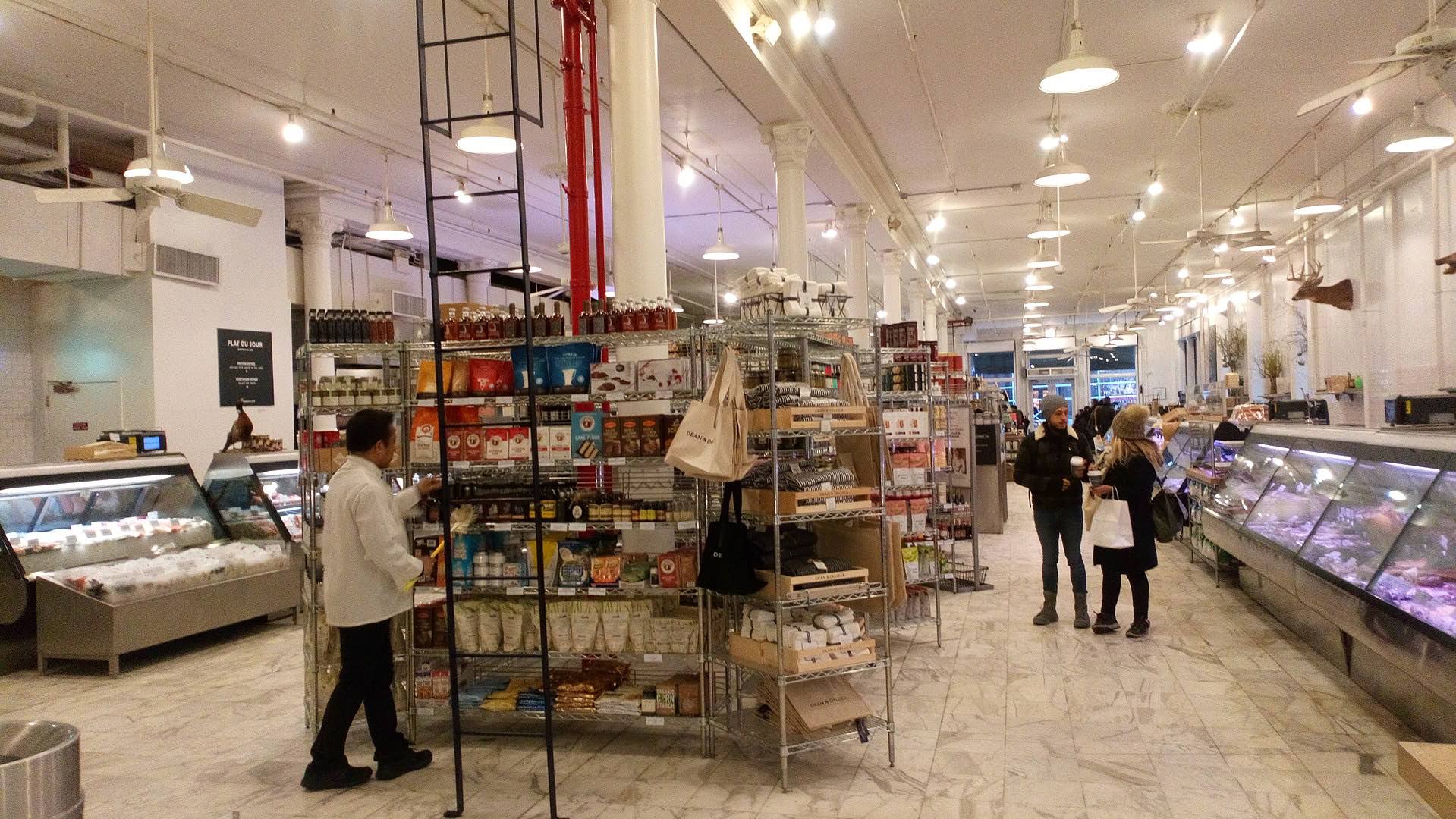
By Scott Mechura EBS FOOD COLUMNIST
Do you want to be Myspace or Facebook?
We see it all the time. Pioneers who pave the way, revolutionize the way we live, or acquire something only to fade away as successors duplicate their vision with better product, better methods or less expensive cost of production.
There is one in particular that I thought would always stand resilient, at least in the foreseeable future. But even they haven’t withstood the inevitability of the commerce tsunami that is the likes of Amazon and Alibaba.
As I write this, Dean & DeLuca, the Manhattan-based specialty foods store, is “86-ing” many of their stores, and those remaining are probably not far behind according to reports from landlords and vendors being stiffed on rent and payments.
Currently, Dean & DeLuca is down to a mere six stores in the U.S. from its peak of 40 as recently as 2014 when it was purchased by PACE Development, a Thai real estate and gourmet retail company.
Opening in 1977 in SoHo, or, south of Houston Street in Manhattan, Giorgio DeLuca and Joel Dean introduced those first culinarily curious New Yorkers, who we now colloquially refer to as “foodies,” to items such as caviar, truffle oil, artisan olives and cheeses, Asian fruits and tapenades. All of which are not only now commonplace in pantries across America, but some of which are even considered blasé by some. And all thanks to the culinary vision of Dean and DeLuca.
There were predecessors, as well as competitors, such as San Francisco-based Williams Sonoma, founded in 1956. Though they have equally enticing wares, their main focus has always been kitchenware and home furnishings.
This is exactly the type of business that should continue to be patronized, despite Amazon or Alibaba telling us otherwise.
I’ve visited stores like this all over the country. From the immense Eataly in the heart of Manhattan, to a store I don’t even know the name of in Rutherford, California, a few blocks off the well-traveled tourist corridor that is Highway 29. Housed in a turn-of-the-last-century laundry, the woman who owns it can’t even complete a transaction or tell you about any of her vast array of olive oils, unless her English-speaking granddaughter is there, despite her always maintaining her post behind the cash register. Yes, an actual cash register.
I can’t think of a more interesting type of store than what I just described. But today, Dean & Deluca is suffering from both exterior and interior challenges. Amazon has taken a fairly large bite out of the specialty foods market. Though some of us enjoy the experience of a physical store, where we can see, touch and taste in person, many younger consumers don’t want that interaction.
In addition, many larger grocery stores that do have the chops to withstand market challenges have added sections or aisles that now sell many of those once sought-after items—items Dean & Deluca first introduced and later popularized.
The two locations that they were most proud of were in St. Helena, California, and New York City. I have had the pleasure of visiting both—and the California location definitely more than once.
For me, as a chef, I enjoy stores like this because it allows me to experience the products in person, rather than reading a review from someone whom I’ve never met trying to tell me why they liked or disliked something.
But those days are fading fast.
Scott Mechura has spent a life in the hospitality industry. He is a former certified beer judge and currently the Executive Chef at Buck’s T-4 Lodge in Big Sky.












